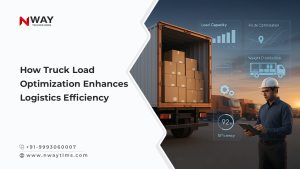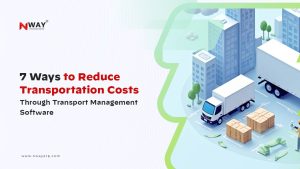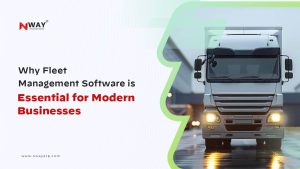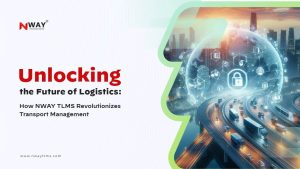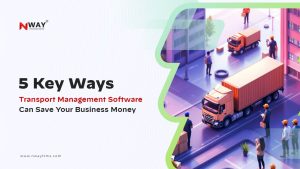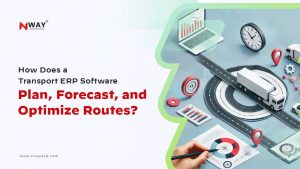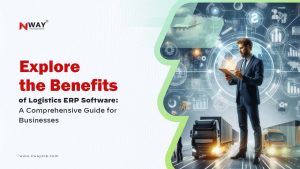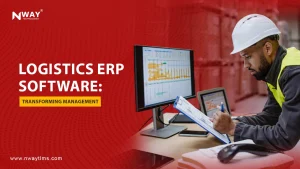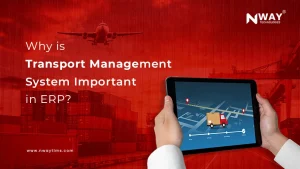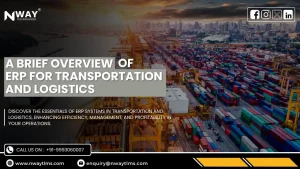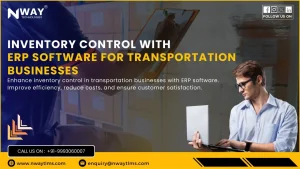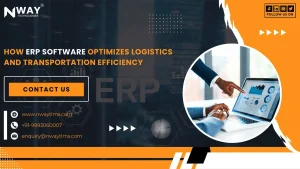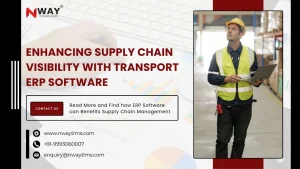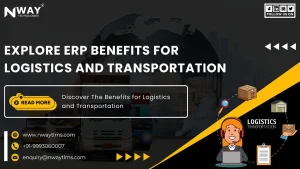Future Trends in Logistics: How ERP Software is Shaping the Industry?
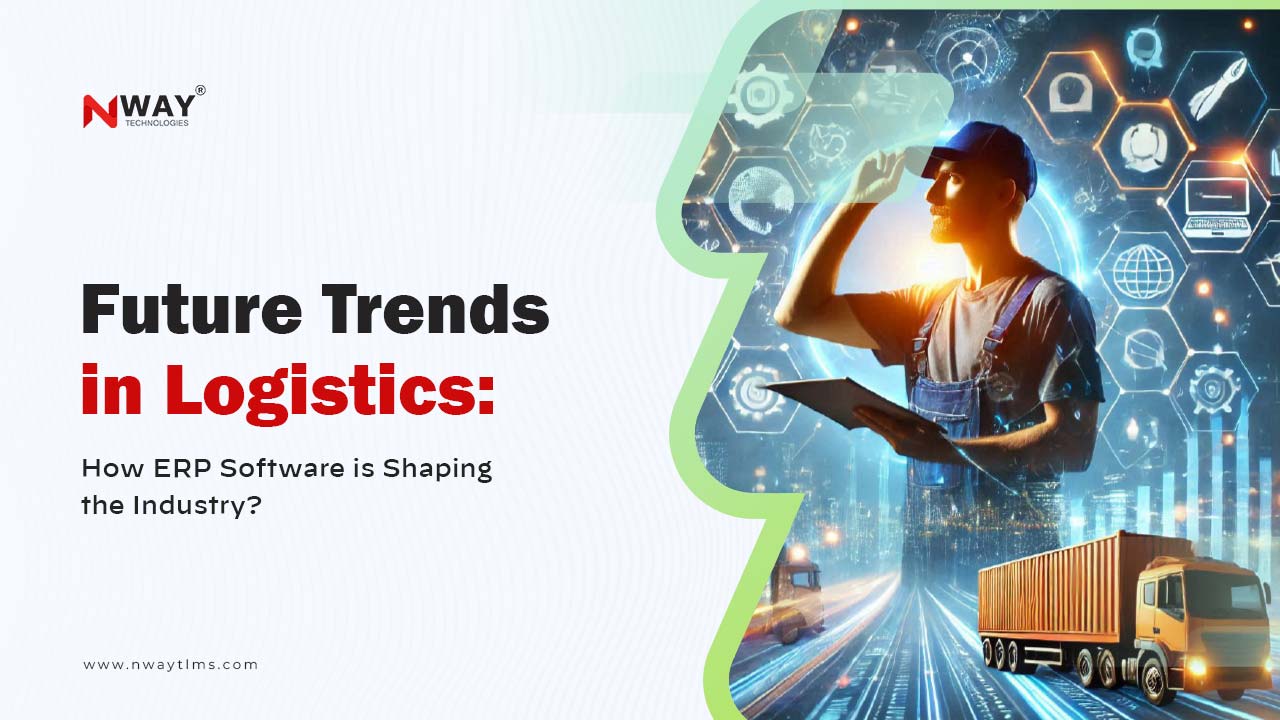
The logistics industry is making a major shift towards digital transformation. With the rising demands for efficiency, sustainability, and customer-centric services, logistics providers are embracing technologies like ERP solutions to meet these challenges.
In this blog, we will explore how Logistics ERP software can shape the future of logistics by enhancing operational efficiency, enabling collaboration, and driving sustainable growth.
5 Ways How ERP Software Can Enhance Future Trends in Logistics
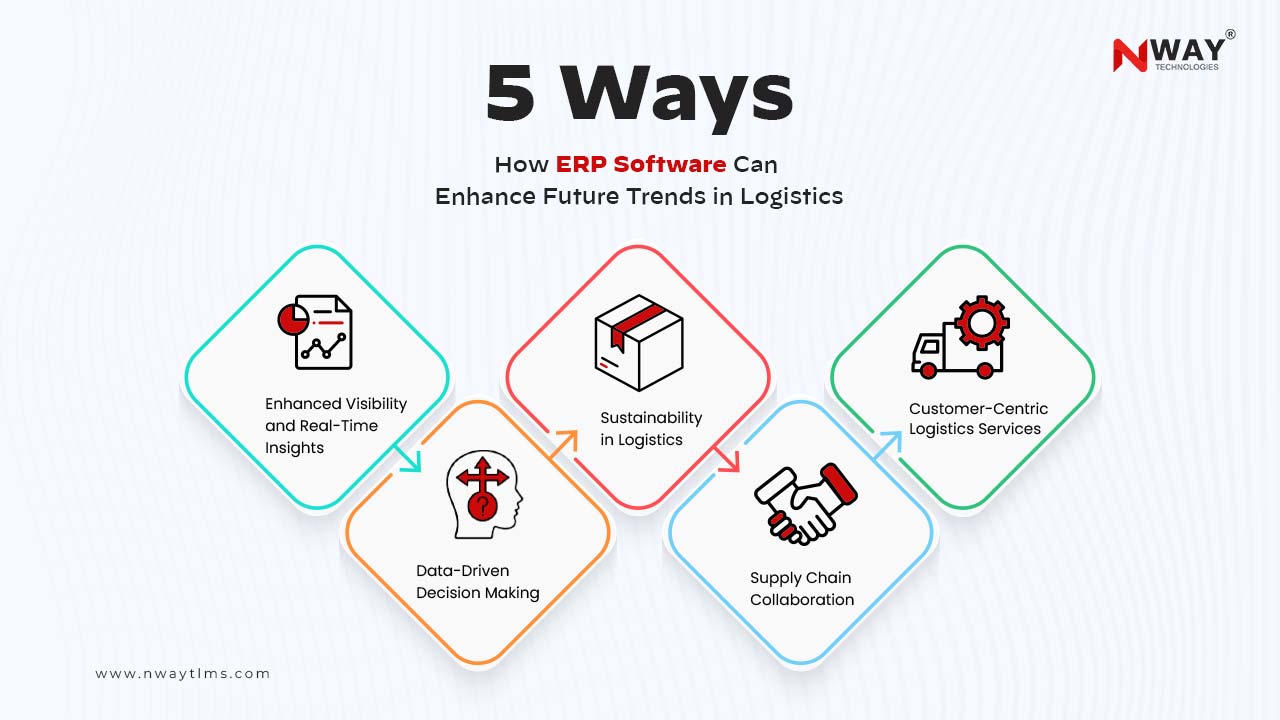
01. Enhanced Visibility and Real-Time Insights
Visibility has always been important in logistics operations. Traditionally, managing supply chains involved juggling multiple data from multiple sources, leading to inefficiencies and errors. With efficient ERP software, it becomes easy to resolve these issues by centralizing data, offering real-time insights into shipments, inventory, and operational metrics.
With ERP software, it is easy to monitor critical aspects of their supply chain on a single platform. These systems allow businesses to anticipate disruptions, optimize routes, and reduce operating costs and other bottlenecks. As global supply chains grow increasingly intricate, the demand for advanced ERP software for logistics that provides seamless integration will continue to rise.
02. Data-Driven Decision Making
In today’s logistics landscape, data is a valuable resource that provides competitive benefits. It plays a crucial role in collecting, managing, and evaluating vast amounts of data. It also helps in performing predictive analytics, so businesses can effectively ask for customer demand, optimize inventory levels, and plan capacity efficiently.
03. Supply Chain Collaboration
Effective collaboration is essential for modern supply chains. It fosters seamless communication and coordination between stakeholders, from suppliers to distributors. ERP software for the supply chain provides a centralized platform for information sharing, helping logistics stakeholders work together efficiently.
With this, it is easier to manage effective collaboration by allowing real-time access to data across any location. It also allows logistics providers to operate on a global scale. An efficient logistics software provides effective synchronization, mitigating risks, and adapting to dynamic environments. It also improves the overall supply chain making it more agile and efficient.
04. Sustainability in Logistics
With the emerging environmental concerns for almost all industries, companies must prioritize sustainability. With logistics ERP software, companies get a chance to enable their logistics operations by tracking and reducing their carbon footprint, optimizing their resource utilization, and complying with environmental regulations. To explain it more properly, let’s take an example, a robust ERP system for logistics can suggest fuel-efficient delivery routes, reducing emissions, and operational costs. It can help you monitor waste and drive eco-friendly decisions.
05. Customer-Centric Logistics Services
Customer expectations are evolving rapidly, with a growing emphasis on speed, reliability, and personalized services. Logistics ERP Software helps companies deliver services to these expectations, improving overall customer experience and streamlining processes.
It also helps in real-time shipment tracking to personalized delivery options, with ERP software offering tools that help companies stay ahead of customer demands. Additionally, it also analyzes customer data with businesses to tailor and ensure higher satisfaction and loyalty.
Conclusion
The logistics industry is embracing a future defined by innovation, collaboration, and sustainability. Logistics ERP software for logistics is helping companies opt for digital transformation by enhancing visibility, enabling data-driven decisions, supply chain management, and having customer-centric logistics services. It is helping companies by reshaping the way logistics providers operate in the real world.
In the world of digitization, it is very necessary for logistics businesses to opt for technologies that can increasingly manage and ensure optimal resources. Companies that invest in ERP solutions get a better way to meet the challenges and opportunities of tomorrow, ensuring long-term success in a rapidly changing industry.
So are you ready to transform your logistics business? With NWAY TMS, you will get a comprehensive suite to manage your logistics operations and optimize the supply chain, enhance visibility, and drive growth. Contact us now and discuss how you can empower your business with NWAY TMS leading to new heights of efficiency and success.
Let’s make running your construction business a little less crazy.
Subscribe for weekly insights.
Recent Posts



